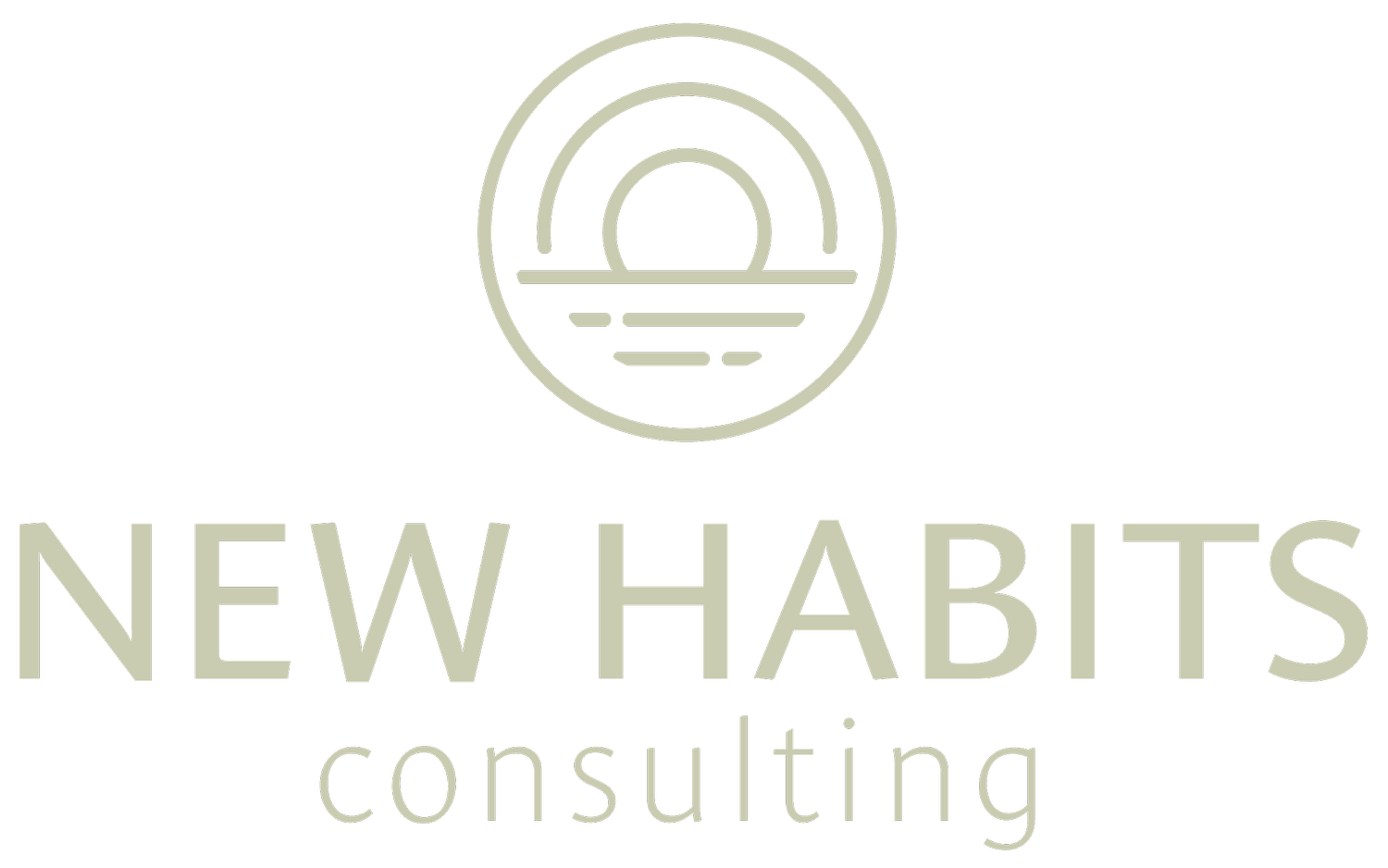How to Know If ABA Therapy Is the Right Fit for You.
On the New Habit’s blog, we recently discussed what Applied Behavior Analysis (ABA) therapy is and how our team uses it.
Today, we’re providing more information to help in your decision-making process.
The core purpose of this evidence-based intervention is to shed light on why/how certain behaviors are happening through technical analysis. That data is used to develop a correction strategy based on the principles of behavior. ABA Intervention plans are developed with extreme clarity to ensure everyone involved can understand and adapt together.
This therapy can also address disruptive internal behaviors (thoughts and emotions) in children and adults.
When implemented successfully, ABA therapy can aid in improving emotional development, stress management, social skills, safety, and more.
Here are a few things you’ll want to consider when thinking about enrolling in ABA therapy:
Who is ABA Therapy for?
Applied Behavior Analysis (ABA) is a therapy based on the science of learning and behavior.
For those with Autism Spectrum Disorder, ABA therapy might be a medically necessary (and helpful) treatment. For others, it can improve social, attention, self-care, and living skills. Even though it’s well known for treating patients with ASD, ABA therapy is a versatile tool with many beneficial capabilities.
ABA therapy helps patients learn therapeutic tactics in different settings to prepare them for ever-changing daily life. It’s data-focused and flexible, meaning there’s always another solution to try.
Patients work toward improving specific behaviors over time with guidance from a professional.
Examples of ABA Therapy Benefits:
Help with toilet training, basic chores, and life skills.
Help your child become more independent and own parts of their care routine.
Improve your child’s communication skills.
Help reduce challenging behaviors.
“ABA therapy helps patients learn therapeutic tactics in different settings to prepare them for ever-changing daily life.”
Effective ABA Program Signs:
To know if any therapy will be the right fit for you or your child, closely examine your potential program options. Make sure you’re comfortable with the intervention process and accreditation.
Here are a few things to look for:
Individualized treatment
Collaborative with other care providers
Following standardized practices
Training for caregivers and parents
Flexible and goal-focused
Books to Dive Into:
Pick up a book to help you fully explore the process, history, and language of ABA therapy. Each of these books will be helpful in the decision-making process (and after). Learn more about the world of behavioral science and how it can help you find valuable solutions.
We suggest:
The 5 Scientific Laws of Life & Leadership: Behavioral Karma - Brett DiNovi, Paul Gavoni
Other People’s Habits - Aubrey C. Daniels
The ABA Visual Language: Applied Behavior Analysis - Makato Shibutani
Applied Behavior Analysis: Fifty Case Studies in Home, School, and Community Settings - Kimberly Maich, Darren Levine, and Carmen Hall
When researching, it can be helpful to find real-life examples of individuals or families similar to you for first-hand knowledge.
To see how we’re teaching our 6-year-old coping skills for anxiety, check out previous blog posts.
“New Habits Consulting is here to provide personalized treatment for those seeking professional support.
Through private parent coaching and education sessions, we help families and individuals learn, grow, and succeed together.”
Questions to Ask Yourself
Lastly, here are a few questions you can ask yourself when trying to decide if you should pursue ABA therapy.
At the very least, having answers to these questions will prepare you for a consultation with a BCBA!
What are you or your child hoping to accomplish?
Are there specific behaviors you need to address?
Have any treatments worked in the past? Why or why not?
Are you willing to be vulnerable and open-minded?
Could you or your child benefit from additional support?
Ready to Discover New Habits?
NHC is here to provide personalized treatment for those seeking professional support.
Through private parent coaching and education sessions, we help families and individuals learn, grow, and succeed together.
Request a free consultation with Andrew Arellano, our Behavior Analyst (BCBA), to get started today!
This post was written by Nicole Nettell, freelance wellness writer & recovery advocate.
To work with her, visit www.nlncopywriting.com.



